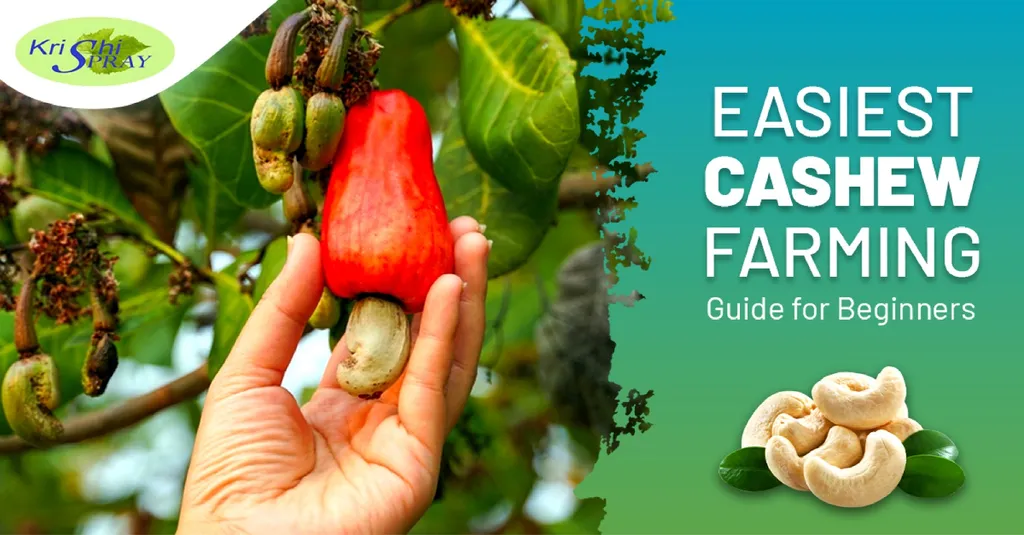In the sun-drenched landscapes of southern India, a humble nut is making waves, not just in global markets but also in the lives of smallholder farmers. Cashew, a crop that has long been a staple in India’s agricultural portfolio, is now emerging as a beacon of hope for sustainable livelihoods. A recent study published in the *International Journal of Agricultural Sustainability* (translated as *Journal of Sustainable Agriculture*) sheds light on the transformative power of cashew cultivation, offering insights that could reshape the future of smallholder farming.
Led by Sarath Chandran MC from the Amrita School of Arts, Commerce and Humanities at Amrita Vishwa Vidyapeetham in Kollam, the research delves into the economic and social impacts of cashew production among smallholder farmers. The findings are nothing short of inspiring. “Cashew cultivation has significantly increased family income, improved food security, and enhanced access to education for children,” Chandran notes. The data, gathered from 267 cashew producers through a mix of qualitative interviews and standardized questionnaires, reveals that 78% of farmers reported increased income, 65% noted improved food security, and 58% observed better access to education.
The ripple effects of cashew cultivation extend beyond economic gains. Farmers have reported greater social recognition and improved housing conditions, painting a picture of holistic development. However, the study also highlights concerns about long-term food security due to limited staple crop cultivation. This duality presents a unique challenge and opportunity for policymakers and stakeholders in India’s cashew industry.
Chandran emphasizes the need for government intervention in the form of training, access to quality seeds, and the promotion of best agricultural practices. “Intercropping with staples, stabilization of cashew prices, and the organization of cooperatives can reduce economic exposures,” he suggests. The study also underscores the importance of research on climate-resilient cashew varieties to address environmental concerns.
The implications of this research are far-reaching. As India continues to be a leading cashew-producing nation, contributing close to 23% of global production, the findings offer valuable insights for maximizing benefits while minimizing risks for smallholder farmers. The study serves as a call to action for policymakers to implement strategies that support sustainable livelihoods and ensure long-term food security.
In the broader context, this research could shape future developments in the field of sustainable agriculture. By highlighting the potential of cashew cultivation, it opens up new avenues for economic empowerment and environmental sustainability. As the world grapples with the challenges of climate change and food security, the lessons from India’s cashew farmers offer a beacon of hope and a roadmap for the future.
The study, published in the *International Journal of Agricultural Sustainability*, provides a comprehensive analysis of the economic and social impacts of cashew cultivation, offering a blueprint for sustainable livelihoods and food security. As the world looks towards a more sustainable future, the insights from this research could pave the way for innovative solutions in the field of agriculture.

